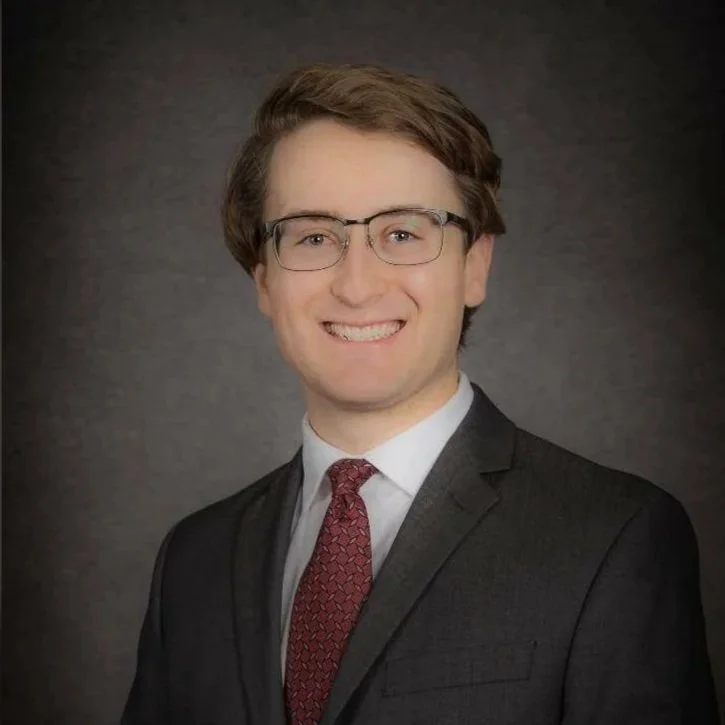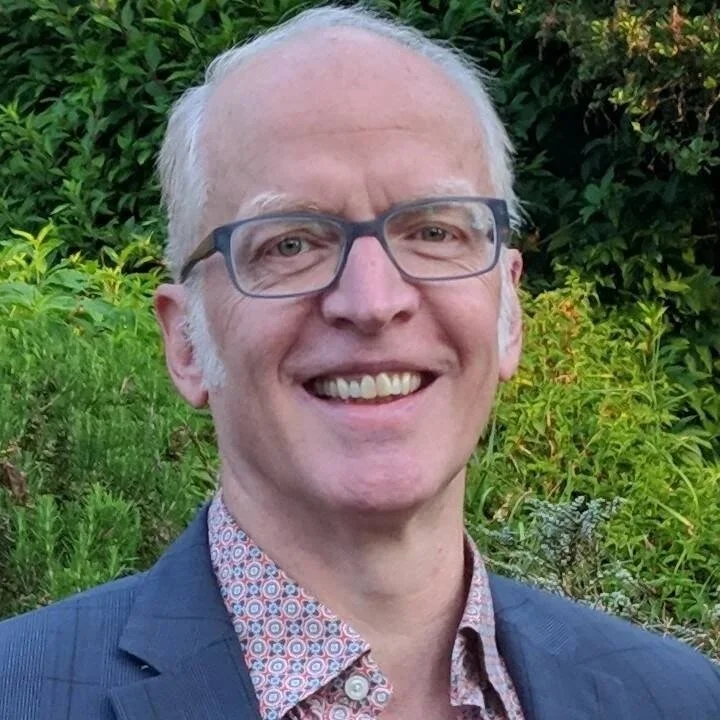BC Housing & Land Value Tax Panel & Meetup: Vancouver & Victoria
RSVP
Vancouver
📅 Thursday November 27, 2025 at 6 PM
📍 SFU Education Building, Education Hub (Room EDB 8515)— 766 Arts Rd. (Maps)
Martin Adams, Author of Land: A New Paradigm for a Thriving World
Dr. Cary Campbell, Lecturer in the Faculty of Education at SFU
Janning Chow, Board Director at Common Ground USA
Dr. Alex Hemingway, Senior Economist & Public Finance Policy Analyst at BC Policy Solutions
Moderator: Davis Kyle, Strong Towns Kelowna
Victoria
📅 Monday November 24, 2025 at 6 PM
📍 theDock Centre for Social Impact, QuarterDeck (3rd Floor) — 722 Cormorant St. (Maps)
Martin Adams, Author of Land: A New Paradigm for a Thriving World
Andrew Rose, BC Greens Staffer
Jack Sandor, Candidate for Victoria City Council, former VP at Homes for Living
Dave Thompson, Victoria City Councillor
Moderator: Ken Yang, Common Wealth Canada
Agenda
6:00 PM General Chat & Intros
6:30 PM Opening Remarks
6:40 PM Common Wealth Canada BC LVT Presentation
6:45 PM Panelist Intros and Remarks
7:15 PM Panel + Q&A
8:00 PM Unconference: Topics selected by group for break-out discussions
Description
Solving our biggest challenges should start with our biggest asset: land. Our relationship to it and how we share in its value lie at the heart of our housing, sustainability, and productivity polycrisis. Join us for a panel conversation on how BC can put its biggest asset to work—to build a healthier housing market, a fairer tax system, and an economy that works for everyone.
Hosted by Common Wealth Canada, a nonprofit think tank focused on ways to better share natural and publicly created wealth to tackle our most pressing economic and social challenges.
Bios
In alphabetical order
Martin Adams is a systems thinker, software engineer, and author of Land: A New Paradigm for a Thriving World. His work explores how economies can become fair and sustainable by understanding the natural patterns that allow living systems to thrive.
Drawing on the ideas of classical economists like Henry George, Martin explains how today’s inequality stems from people capturing income from land and shared resources — wealth created by society and nature, not by individual effort. Land translates these ideas into clear, practical terms, showing how rethinking our approach to land and natural wealth could reduce inequality, make housing more affordable, and restore balance between people and the planet.
Dr. Cary Campbell, Continuing Lecturer in the Faculty of Education at Simon Fraser University, is an educational philosopher and curriculum theorist as well as a music educator. Cary's work bridges educational theory with practical implications for teaching and learning, focusing on developing existentially and ecologically-aware approaches to education that address pressing societal challenges.
Cary has published widely in journals such as: the Journal of Philosophy of Education, Postdigital Science & Education, Philosophical Inquiry in Education, Studies in Philosophy & Education, the Journal of Educational Controversy, Signs & Society, Biosemiotics, Sign Systems Studies, and the International Journal of Education & the Arts.
Janning Chow is a Director at Common Ground USA, a volunteer-led organization that promotes land value tax shifts, rent-sharing land trusts, and other commons-based approaches. She is a proud momma who lives in suburbia and believes that a Georgist future would ensure our kids get the fair shake they deserve and for which we ardently prepare them.
In the past, Janning has done pink collar work for a large non-profit, white collar work for a large for-profit, some consulting as an independent contractor, and now finds herself doing blue collar work under the union banner. She enjoys solving problems and connecting dots, which often leads her toward connecting passionate people to like-minded others across the Internet.
Janning is affiliated with the Oregon-Washington chapter of Common Ground-USA, StrongWA, EastsideUrbanism, and the political action committee of IBEW 46.
Dr. Alex Hemingway is a senior economist and Public Finance Policy Analyst at the BC Policy Solutions. His research focuses on public finances, housing, inequality, taxation policy and tax fairness, public services, and democratic innovation in B.C. and Canada. He comes to the BC Policy Solutions after working at the Canadian Centre for Policy Alternatives – BC Office since 2016.
He is author of Taxing land wealth for the public good: provincial policy options.
Davis Kyle is a co-founder of the Kelowna chapter of Strong Towns, a North American movement for planning and land use reform. A former President and current board member of the Kelowna Cycling Coalition, he has also served as Vice Chair of the Planning Advisory Committee for the Regional District of the Central Okanagan. In 2024, Davis was a runner-up for the Hunter Prize in Public Policy (Housing) for a proposal linking land value taxation and provincial-level zoning reform, drawing on British Columbia’s own history with land value tax policy.
Andrew Rose is a political staffer and Georgist policy reformer. Outside his job at the BC Green Party, he develops messaging strategy and organizes as a board member with Common Wealth Canada. His writing on Georgism and urbanism has been published by the Georgia Straight and the Progress & Poverty Institute.
Andrew also holds a software engineering degree with an AI specialization from UVic, and in his spare time, he produces heavy electronic music.
Jack Sandor is a lifelong Victoria resident, and a local housing and urbanism advocate. He recently stepped down as Vice President of Homes for Living to announce a run for Victoria city council.
Dave Thompson is principal of PolicyLink, a public policy and communications consultancy. He is also a Victoria City Councillor and Capital Regional District Director. He has a background in law, economics, and geology of all things.
Ken Yang is the Director of Media at Common Wealth Canada, a national think tank focused on land value tax and related policies aimed at creating a more fair, affordable, and prosperous Canada. He and members of the Common Wealth team built UBI Works, Canada’s largest basic income community and advocacy network. Their content has been seen over 200M times across all major social networks, web, and TV. Ken has a background in technology, law, and music.
Please RSVP Above
What is land value tax?
Land Value Tax (LVT) is a levy on the value of land itself — not the buildings or improvements on it. Unlike taxes on income or buildings, which discourage productivity, LVT doesn’t penalize work or productive investments. Instead, it encourages efficient land use and development over idle speculation. That’s why economists often call it “the perfect tax”.
How can LVT benefit the housing market and overall economy?
By shifting taxes onto land, away from income or buildings, LVT realigns incentives in our economy to:
help make housing more affordable
discourage anti-productive speculation
promote sustainable, efficient development
address inequality and stagnant productivity
Because land value comes from the community — through public investments, services, and growth around it — LVT ensures that this publicly created wealth is returned to the community, building a fairer economy for all.
Research by Common Wealth Canada estimates that an LVT capturing 0.8% of BC’s land value could generate enough revenue to replace all municipal and provincial property taxes, property transfer taxes, and the speculation & vacancy tax (SVT). Read more at commonwealth.ca/bc-lvt.









